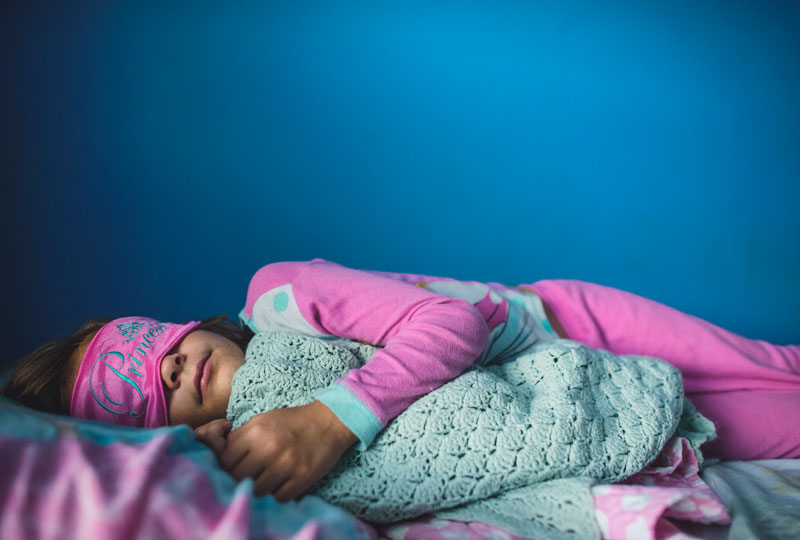Sleep affects so much about children’s health, from their mood to schoolwork.
One of the most crucial factors of your child’s health and development is often overlooked: sleep.
Vanderbilt Integrated Pediatrics Tullahoma pediatrician Dr. Kristina Chung explains the links between good sleep and good health in children:
Sleep plays a big role in a child’s physical, mental and emotional growth. It’s important that parents and caregivers understand and address the quality of sleep during childhood and adolescence.
Sleep disorders are becoming more common in childhood. Children have unique circadian rhythms – their internal clocks, influenced by hormones, are easily disrupted due to things like too much screen time and early school start times.
Beyond physical rest, sleep refreshes the brain and regulates behavior. Insufficient sleep can manifest in behavioral problems. Teenagers who do not get enough rest can suffer from poor school performance, mood swings and risky behaviors, including driving while drowsy. Younger children who are shortchanged might experience nightmares, bedtime struggle and waking up frequently at night.
How much sleep does a child or teen actually need?
As a caregiver, you can establish and reinforce a consistent rest routine, which is essential to nurturing your child’s well-being. It starts with knowing how much sleep (at night and/or from naps) children need in a day:
- Infants, 4 to 12 months old: 12 to 16 hours
- Toddlers, 1 to 2 years old: 11 to 14 hours
- Preschoolers, 3 to 5 years: 10 to 13 hours
- Children 6 to 12 years old: 9 to 12 hours
- Teenagers, 13 to 18 years old: 8 to 10 hours
5 tips to help children get good sleep
As parents or caregivers, keep these habits in mind to help your child get the rest they need:
1. Limit screen time
Minimize screen time before bed. It’s best to turn off all screens 30 minutes to an hour before lights-out. Establish a tech-free bedtime routine to aid the transition from wakefulness to sleep.
2. Healthy eating habits
Maintain regular mealtimes. Avoid heavy dinners close to bedtime. Incorporate iron-rich foods to prevent deficiencies that might disrupt sleep.
3. Routine and consistency
Create and stick to morning and bedtime routines, even on weekends. Develop soothing evening rituals, like reading or a warm bath.
4. A restful environment
Make your child’s bedroom comfortable: Be sure that it is cool, quiet and dark. Use blackout curtains to block light. Consider a white noise machine to block out sounds that could disrupt sleep.
5. Daytime sunshine and activity
Morning sunlight exposure helps regulate internal clocks. Enjoy some physical play with your child every day, for at least 20 minutes.
Sleep is a cornerstone of childhood and adolescent well-being, influencing behavior, growth and cognitive development. By prioritizing healthy habits, parents nurture their children’s holistic development. In a world bustling with distractions, dedicating time to fostering these habits is an investment with strong returns. A child’s success and well-being are closely tied to the quality of their rest.

Finding help
If your child has trouble getting enough quality sleep, a good next step is to talk with your pediatrician, who can assess and make any needed referrals. Monroe Carell Jr. Children’s Hospital at Vanderbilt’s Pediatric Primary Care clinics provide expert care for your child as close to home as possible, with 10 locations in Middle Tennessee.

